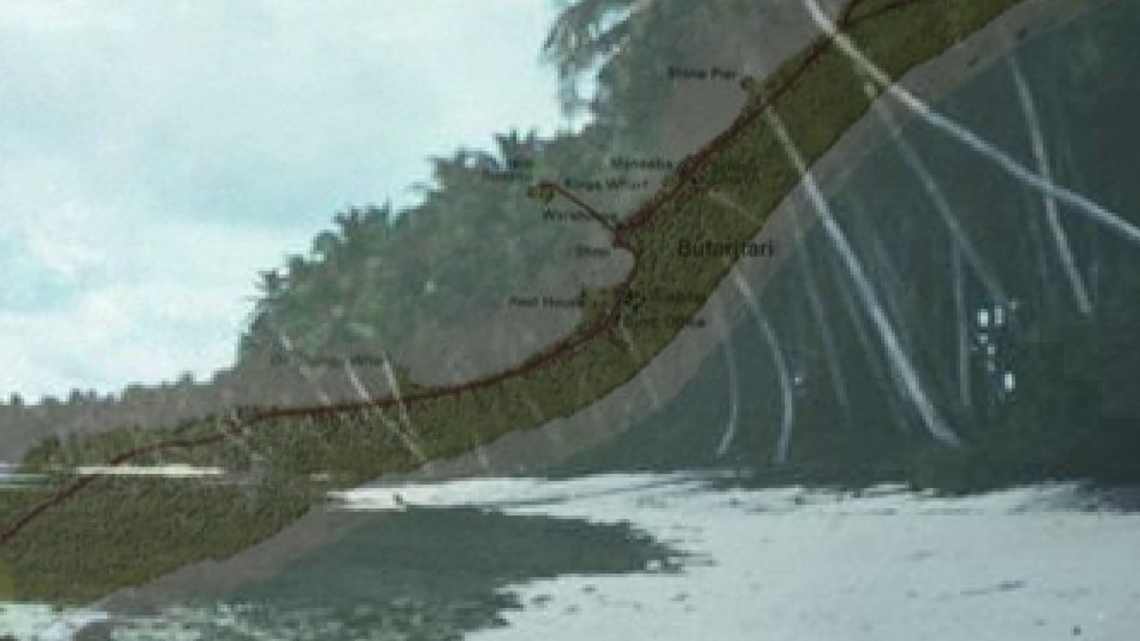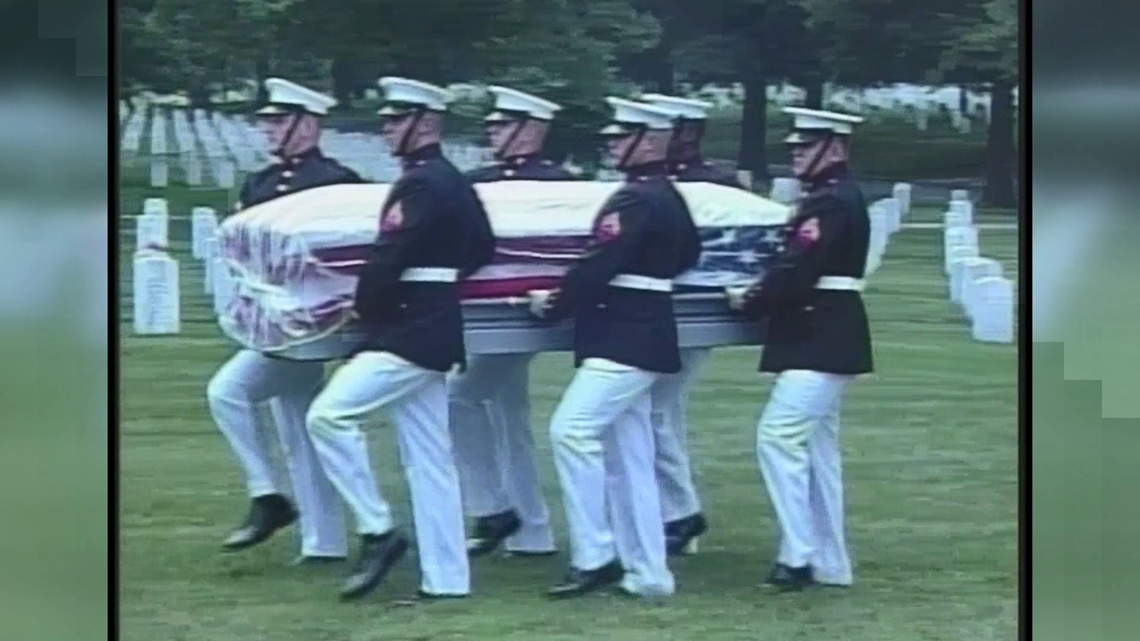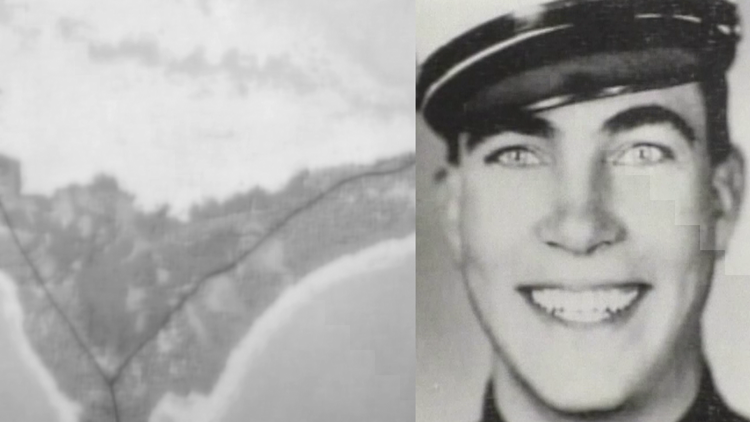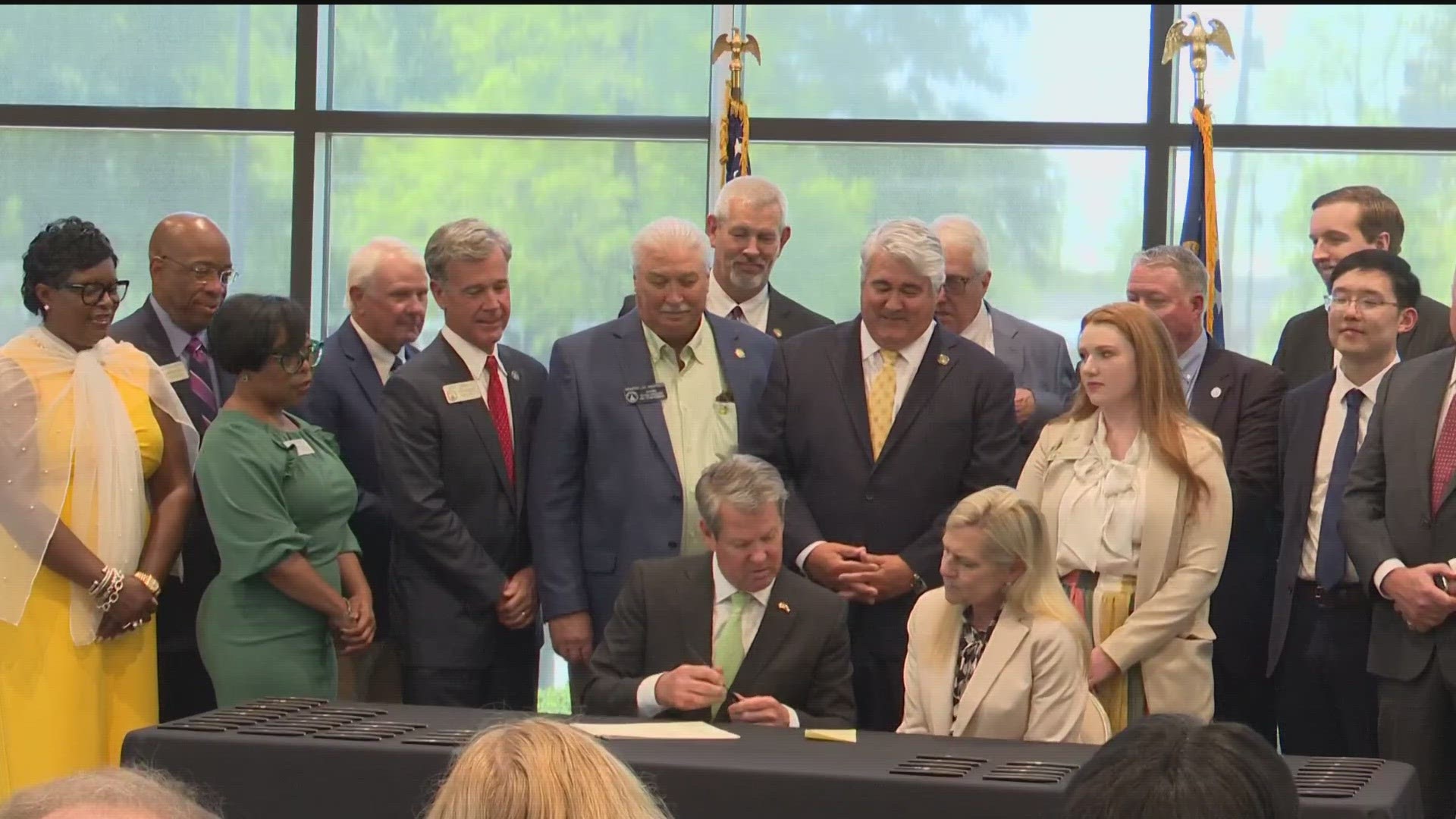As the nation observes Veterans Day, we bring you a story about a heroic band of U.S. Marines who helped stage a surprise raid during World War II.
Marine Sgt. Clyde Thomason, from Decatur, was among them.
He and his fellow Marines destroyed most of the Japanese targets in that attack in August 1942, but during the fight, Thomason and more than two dozen Marines were either killed or went missing.
For his heroism in leading his Marine Raider Team against intense, close-combat enemy fire, Marine Sgt.Clyde Thomason was awarded the Congressional Medal of Honor. He was the first enlisted Marine to receive that honor in World War II.
But it would be more than half a century before another metro Atlanta resident, former Marine Fighter Pilot Harry Brooks of Peachtree Corners, would take a leading role in what is an untold story of dedication and persistence.
It was 1997 when Brooks and a group of fellow explorers set off on an Explorers Club Flag Expedition to several small islands in the Pacific. Their purpose was to study the coral reefs there.
But a stop at the remote Makin Island would set off an extraordinary chain of events.
“Just by happenstance, one of our members of our expedition found a skeleton in a shallow grave," Brooks recalled. "We did not know who it was, but we had some doctors on our team. They looked at it and determined by looking at the length of the femur that the deceased was at least 6 feet talk, so we determined that he was not a Japanese or a native."
He drew a detailed map of where to find what the explorers had uncovered, and reached out to Marine Raider veterans who got the Military Identification Unit in Hawaii to go to Makin Island.


They journeyed to the Island, but returned after five days, telling Brooks and the Marine Raiders they found nothing.
“I asked them where they looked and they told me," he said.
"I told them, 'That is not where I told you to look,' and they said, 'There's nobody there. We’re out of funding, too bad, it did not work,” Brooks added.
But Brooks and his fellow Marines were determined to find Sgt. Thomason and his lost comrades. They would not give up.
“We went on a letter-writing campaign to all of the politicians, the commandant of the Marine Corps, the president, senators, anybody you could think of,” Brooks listed.
They succeeded, and then played a major role, along with native islanders, in what happened next.
“They went back. I told them to take my map. I told them to look where I found the skeleton, and they went back and they found all 19 of them,” an excited Brooks exclaimed.
That was 1999.
Two years later, on Aug. 17, 2001 - 59 years to the day of Thomason's death - the Medal of Honor winner and 12 of his fellow Marine Raiders were buried with full military honors at Arlington National Cemetery. Six others were buried in private family ceremonies.


Over the years, Thomason's heroism and sacrifice on that August day in 1942 has been honored with the naming of a Navy destroyer escort and the naming of various marine training facilities, including the Georgia Marine League Detachment.
And on this special day, we take time to remember all who served and those who made the supreme sacrifice on our behalf.



